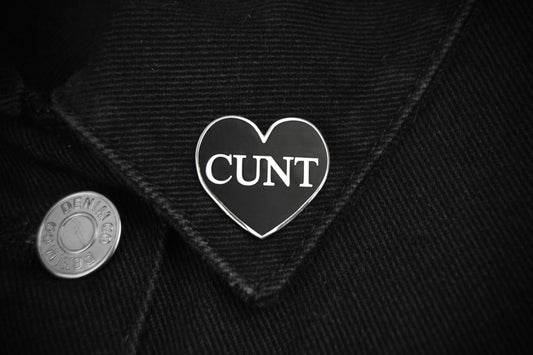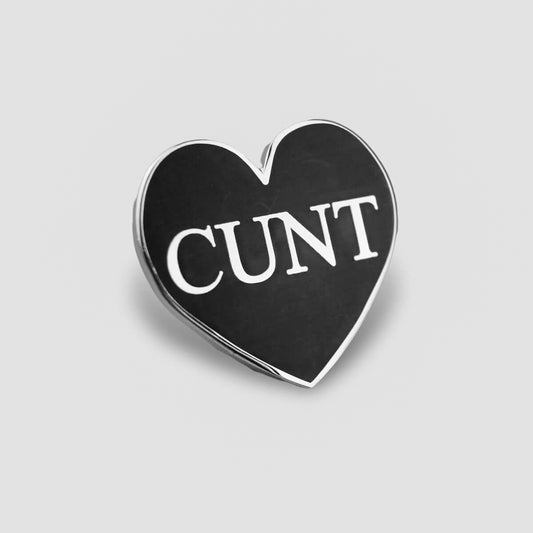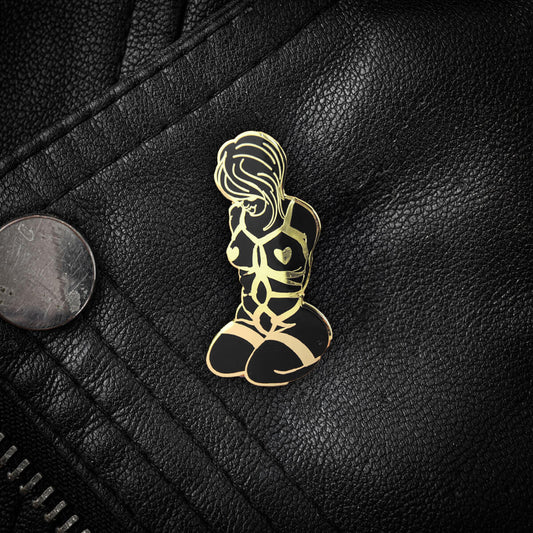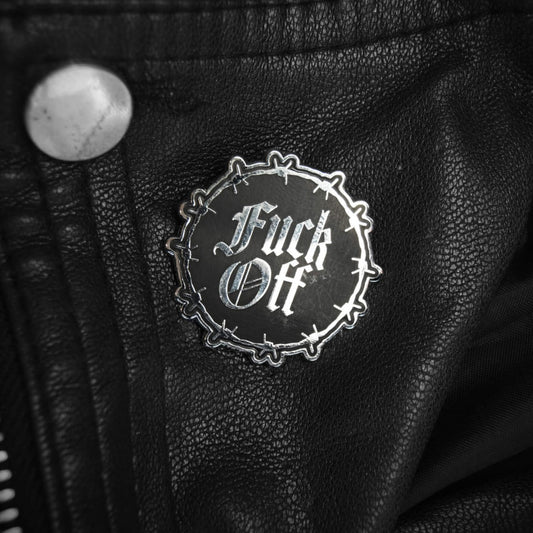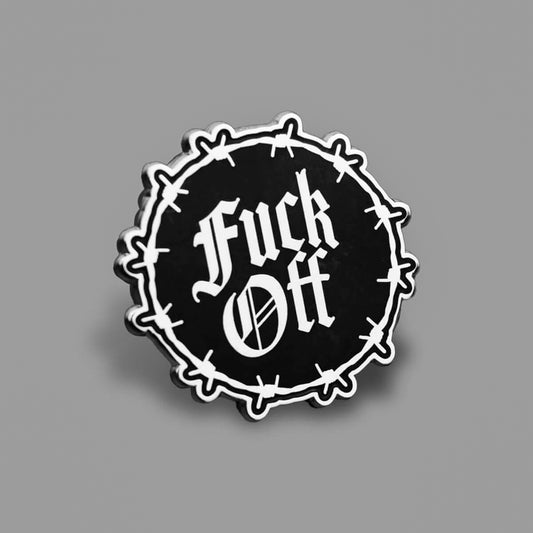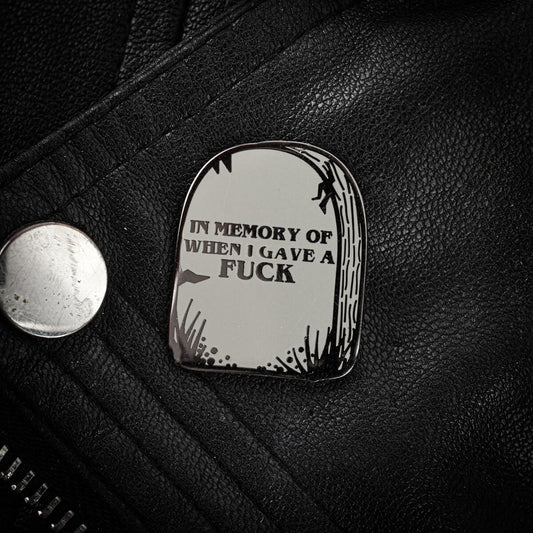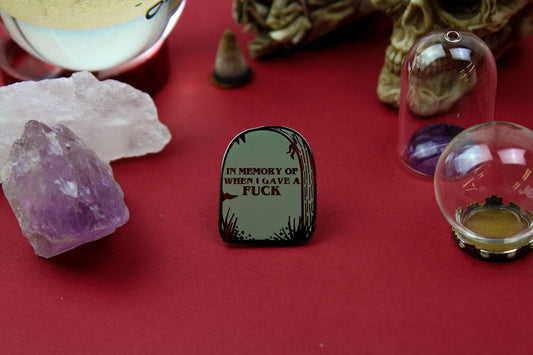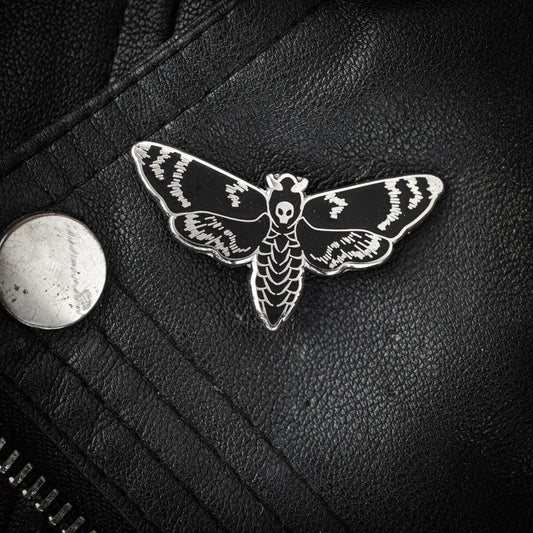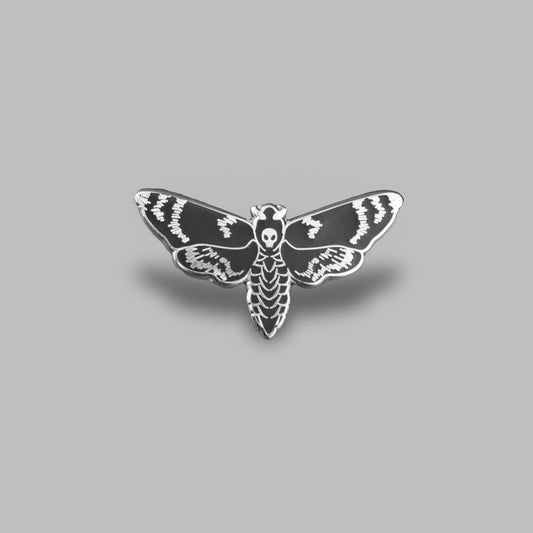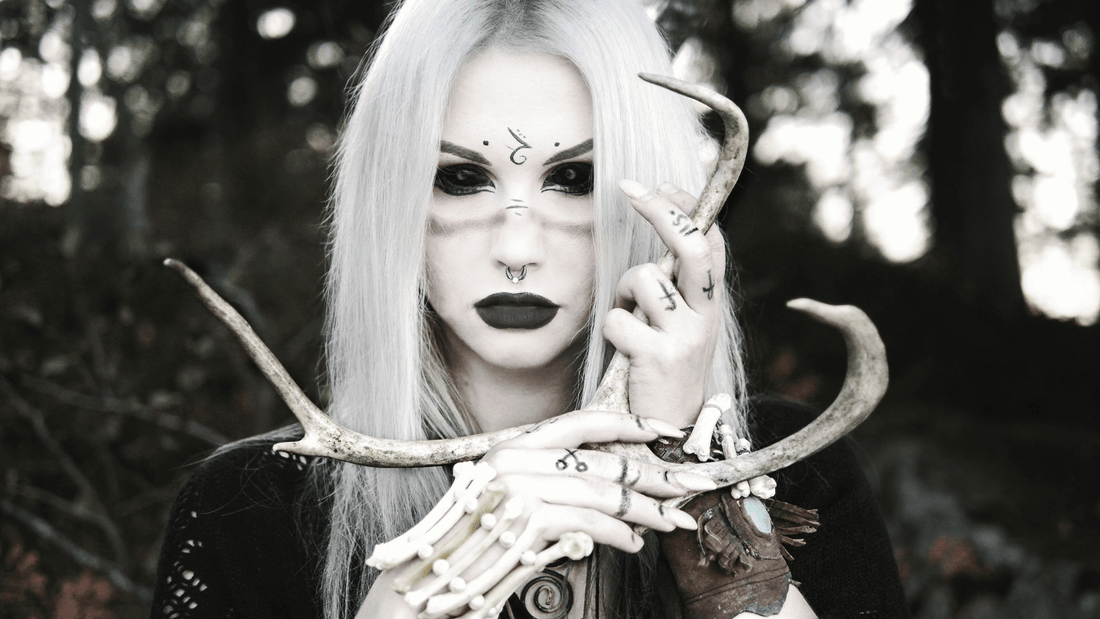
Is practicing the occult taboo?
Share
The practice of the occult has long intrigued and puzzled societies across the globe. Rooted in ancient traditions and mystical beliefs, occultism encompasses a wide array of practices, from divination to ritualistic ceremonies.
However, it remains shrouded in mystery and often subject to misconceptions. This blog seeks to unravel the enigma surrounding occult practices by delving into their historical, cultural, and psychological dimensions.
We will explore how the occult has been perceived throughout history, examining its evolution from forbidden knowledge to an increasingly accepted form of spiritual exploration. Additionally, we'll look at the influence of media, religion, and science on the occult's perceived taboo nature.
What Is the Occult and How Is It Generally Perceived?
Occult practices and beliefs stem in deep rooted and ancient philosophies. These methods can help occultists in different paths of their life, whether they’re focusing on strengthening powers through witchcraft or just want to expand their mind and explore the nature of reality.
The secrecy behind these practices means people have been generally suspicious of occultists. The word occult literally means “hidden” and revolves around hidden rituals. Although rituals can be performed in groups, the intent of your own ritual can be incredibly personal, and practitioners often want to keep this to themselves.
In the late 19th and early 20th century, occultism was often intertwined with witchcraft and satanism, distancing practitioners from mainstream society due to their non-traditional Christian beliefs. This era was marked by societal fear of the unfamiliar, leading many alternative lifestyles, including occultism, to be viewed as taboo. Unlike earlier esotericists, occultists openly distanced themselves from Christianity, sometimes adopting anti-Christian stances. While some turned to pre-Christian beliefs or Modern Paganism, others found inspiration in Asian religions like Hinduism and Buddhism. As society evolved, occultism gradually shed its taboo image, emerging as a harmless avenue for self-expression, spiritual exploration, and personal growth.
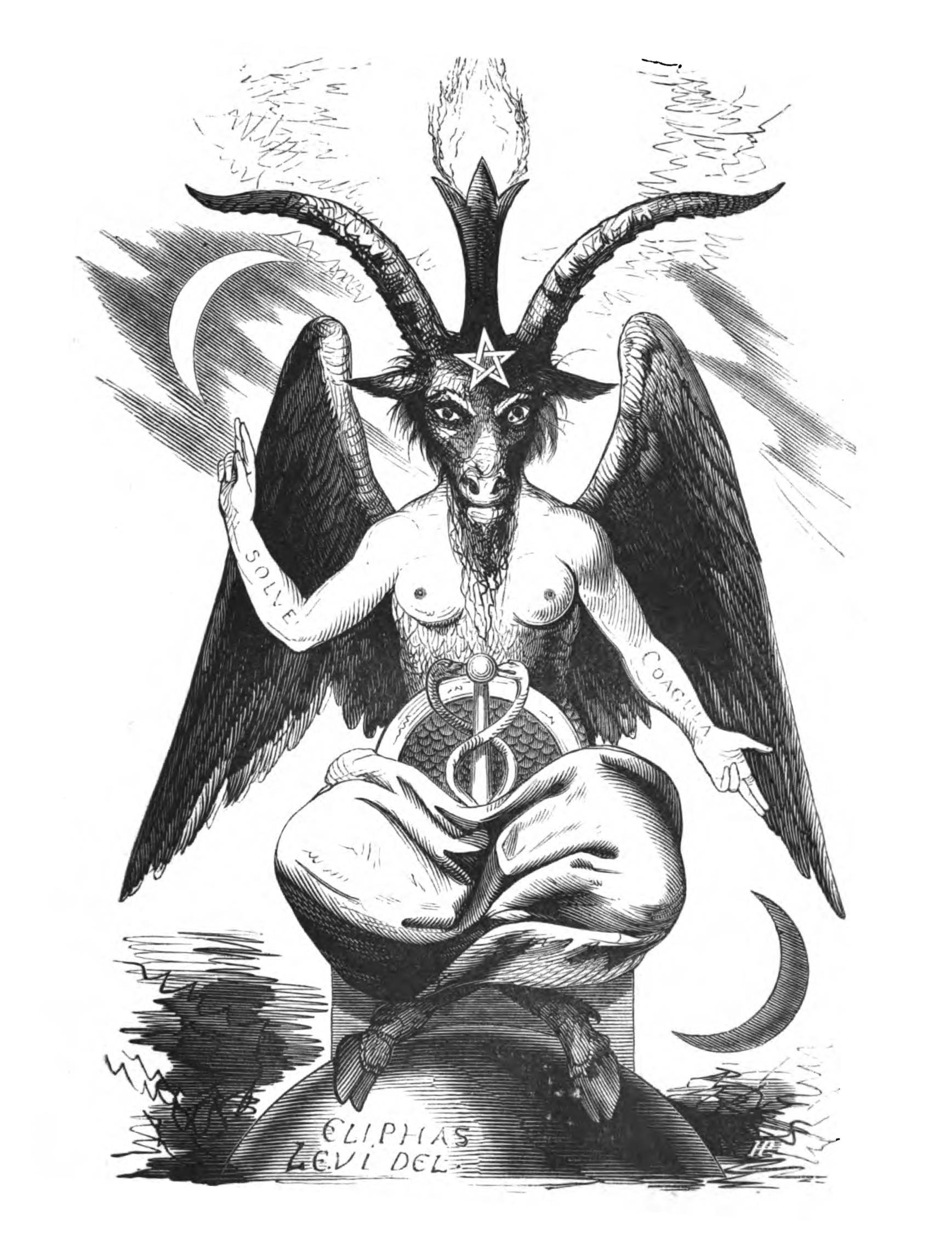
By Eliphas Levi - Dogme et Rituel de la Haute Magie, Volume 2, Public Domain, Link
Is the Occult Considered Taboo in Mainstream Religions?
On the whole, the answer is yes. But the perception of occult practices varies significantly within mainstream religions. Many conservative branches view occultism as taboo due to its deviation from established religious doctrines and practices. The use of rituals, divination, and magic can be seen as conflicting with orthodox beliefs. Additionally, the historical association of occult practices with paganism, heresy, and non-monotheistic beliefs further contributes to its taboo status in some religious circles. As an example, many Satanists including Church of Satan founder Anton LaVey, have used occult ritual as part of their religious practice. Those who believe Satan is an anti-christ could naturally fear people who embrace Satan as their deity and be distrustful of their spiritual methods, however this can be condensed down to people criticising what they don’t understand.
However, it's important to note that not all mainstream religious perspectives hold this view. Some individuals and communities within broader religious traditions may have more open or inclusive attitudes towards occult practices, viewing them as alternative forms of spiritual exploration. As a result, opinions on the occult can vary widely, and it's essential to approach this topic with sensitivity and an understanding of the diverse perspectives that exist within different religious communities.
How Have Historical Events Shaped the Taboo Nature of the Occult?
Historical events have significantly contributed to the taboo surrounding occult practices. During periods like the late 19th and early 20th centuries, when occultism gained prominence, societal fears and misunderstandings were rampant. The association of occultism with witchcraft, satanism, and practices outside the norms of Christianity led to ostracisation. This fear of the unknown and the perceived threat to traditional religious beliefs pushed occultists to the fringes of society. A prime example of this would be the ‘Satanic panic’ movement beginning in the 1980s, which all began with an unsubstantiated account from a psychologists’ patient, who claimed to have been involved in abuse in the context of occult or Satanic rituals. Additionally, the demonisation of alternative lifestyles and beliefs during this era further solidified the occult's taboo status.
However, as society evolved, perceptions gradually shifted. In the latter part of the 20th century and into the 21st, there was a growing acceptance of alternative spiritual practices, leading to a more nuanced view of occultism. This can be seen in the recent movement of millennial and Gen-Z witches. Supported by the “ WitchTok ” craze, contemporary witches will use occult practices collectively, working together to influence current events in politics and pop culture, or as individuals to cleanse bad energy and influence their life patch.
While some stigma still persists, there is a greater recognition that occult practices can be a valid form of self-expression and spiritual exploration, rather than something inherently dangerous or sinister.
What Ethical Concerns Surround Occult Practices?
Ethical concerns surrounding occult practices often revolve around issues of intent, consent, and potential harm. Some worry that attempting to influence events or individuals through occult means could infringe on free will or have unintended consequences. Additionally, there may be debates about the responsible use of knowledge and power gained through occult practices. Sceptics may also raise concerns about the potential for exploitation or manipulation, especially if vulnerable individuals are involved.
It's important for practitioners to approach their craft with a sense of responsibility, mindfulness, and respect for the beliefs and autonomy of others. These ethical considerations, however, are not unique to the occult and can be found in various spiritual and philosophical traditions. Similar to the concept of karma, in Indian religions, where positive intentions and benevolent actions lead to positive karma and more fulfilling future lives, whereas negative intentions and harmful actions result in negative karma and less favourable future incarnations.
Ultimately, individuals engaged in occult practices must navigate these concerns with integrity and a genuine desire for personal growth and spiritual exploration.

By Original artist - Geoffrey Key - British Comics - A Cultural History, CC0, Link
How Does the Media Influence the Perception of the Occult?
The media significantly impacts how society views the occult. Often, it sensationalises occult practices, portraying them as dark, mysterious, and potentially dangerous. This sensationalism fosters misconceptions and fear, perpetuating the idea that occultism is inherently sinister. Fictional portrayals in movies and TV shows frequently depict occultists as villains or misguided individuals dabbling in forbidden arts. Franchises from Dungeons & Dragons to Harry Potter to The Craft have been chastised by Christian religions for promoting occult doctrine. In 2008, the Vatican's official newspaper criticised the Harry Potter books for their portrayal of occult themes, denouncing the series' favourable depiction of witchcraft as "a grave and deep lie."
While this can make for entertaining articles and headlines, it reinforces the taboo around genuine occult practices. It's crucial for audiences to discern between fictional dramatisations and the diverse, nuanced reality of occult beliefs and practices. This way, the media can play a more balanced role in shaping public perceptions of the occult.
Are There Legal Restrictions on Occult Practices?
There can be legal restrictions on certain occult practices, depending on the jurisdiction, but in the UK witchcraft is not illegal. For instance, some forms of divination or fortune-telling may be regulated or prohibited in certain places. Additionally, practices that involve harm to others, such as curses or hexes, can potentially lead to legal consequences. It's crucial for practitioners to be aware of local laws and regulations pertaining to occult activities, as ignorance of the law is generally not considered a valid defence.
In 1736, British Parliament enacted a law that abolished the previous statutes against witchcraft, but it also imposed penalties, including fines or imprisonment, on individuals who professed to possess supernatural abilities. This legislation, when introduced in the Commons, elicited considerable amusement among Members of Parliament. The driving force behind this bill was John Conduit, whose wife was the niece of Sir Isaac Newton, a prominent figure in the development of modern science with a parallel fascination for the occult. Eventually, the Act was rescinded in 1951 with the enactment of the Fraudulent Mediums Act, which, in turn, was later repealed in 2008.
While many aspects of occultism are protected under freedom of religion or belief, there are still boundaries in place to ensure public safety and well-being. Consulting legal experts or seeking information from reputable occult organisations can provide valuable guidance on navigating the legal landscape surrounding occult practices.
How Do Different Cultures View the Occult?
Views on the occult vary widely across cultures. In some societies, particularly those with a strong history of mystical or esoteric traditions, occult practices may be more accepted and integrated into religious or spiritual beliefs. For instance, certain forms of divination or energy work are deeply ingrained in cultures like Vodou in Haiti or Taoism in China.
Conversely, in more conservative or predominantly monotheistic cultures, the occult is often met with suspicion or even outright condemnation. It's frequently seen as challenging established religious norms. For example, in parts of the Christian world, certain occult practices have been historically associated with heresy or devil worship. In other cultures, the occult occupies a middle ground, viewed as a realm of curiosity or entertainment rather than a serious spiritual pursuit. This is evident in the popularity of astrology or tarot in contemporary Western societies.
Ultimately, attitudes towards the occult are complex and multifaceted, shaped by a range of cultural, historical, and religious factors. What's considered taboo or acceptable can vary greatly from one society to another.
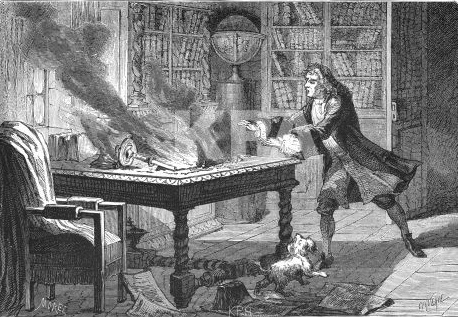
By Morel - StockPhotoFinder.com, Public Domain, Link
Is the Occult Taboo Among the Scientific Community?
Yes, within the scientific community, the occult is often viewed with scepticism and can be considered taboo. This is because the scientific method relies on empirical evidence, rigorous testing, and peer-reviewed research to understand and explain phenomena. Occult practices, which often involve mystical or esoteric beliefs and phenomena that cannot be easily measured or quantified, are completely at odds with this approach.
While there have been instances of scientists throughout history who were also involved in occult pursuits, such as Isaac Newton and his alchemical studies, these are typically viewed as separate from their scientific contributions. Newton’s occult related research led to searching for the sunken island of Atlantis and studying the Temple of Solomon, associating with various secret societies and fraternal orders and even predicting the world will end after the year 2060! In modern times, mainstream science tends to distance itself from occultism, viewing it as pseudoscientific or even anti-scientific.
It's important to note, however, that there are exceptions, and some researchers explore topics at the fringes of science that intersect with occult interests, such as parapsychology or consciousness studies. Nonetheless, the occult remains a niche area in scientific discourse, and practitioners may face scepticism or even ostracisation within the scientific community.
What Psychological Factors Contribute to the Taboo Nature of the Occult?
The taboo surrounding the occult can be attributed to several psychological factors deeply ingrained in human cognition. One of the primary contributors is fear of the unknown - a primal instinct we have designed to protect against potential threats, which (especially in the distant past) the occult was certainly seen as. The spooky nature of occult practices, often involving rituals and symbols unfamiliar to many, understandably triggers this fear response.
Cultural conditioning also plays a significant role. Society's historical associations of occultism with dark forces and malevolent practices have seeped into collective consciousness. This conditioning influences perceptions, leading to the automatic association of occult practices with negative connotations.
Lastly, cognitive dissonance, the discomfort experienced when holding conflicting beliefs, is also thought to contribute to the occult's taboo status. For individuals raised in religious or atheistic contexts, accepting the validity or potential benefits of occult practices can challenge deeply rooted beliefs, causing psychological discomfort. As a result, many opt to maintain the taboo rather than confront this internal conflict.

By Microsoft Bing Image Creator/DALL-E: prompted by Jerry M Pearson - Microsoft Bing Image Creator/DALL-E, Public Domain, Link
How Do Occult Practitioners Feel About the Stigma?
Occult practitioners often hold varying perspectives on the stigma attached to their beliefs and practices. Some may embrace it as a form of counter-culture, viewing the taboo as a sign of their departure from mainstream norms. They might find empowerment in challenging societal conventions. Noted occultist Aleister Crowley was described as "set about a deliberate flouting and provocation of social and religious norms," insinuating that he actively rejected normality and embraced the unusual.
Conversely, others may find the stigma burdensome and frustrating, and might yearn for greater acceptance and understanding of their spiritual path. Dion Fortune (1890-1946) for example, was a British occultist and author who founded the Fraternity of the Inner Light. She wrote numerous books aimed at demystifying and destigmatising occult beliefs and practices, emphasising their spiritual and philosophical aspects rather than the sensationalised depictions.
Ultimately, individual feelings towards the occult's stigma are as diverse as the practitioners themselves. Some thrive in the defiance of convention, while others seek acceptance and recognition. It's important to note that perceptions may evolve over time, influenced by personal experiences and changing societal attitudes towards spirituality and alternative belief systems.
What Role Do Occult Symbols Play in the Perception of Taboo?
Occult symbols hold a significant role in shaping the perception of taboo surrounding occult practices. To many, these symbols are enigmatic, often associated with mysterious or hidden knowledge. This aura of secrecy can lead to misconceptions and fear, contributing to the occult's taboo status.
Additionally, certain symbols, like pentagrams or inverted crosses, have been sensationalised in popular culture, further reinforcing the idea of the occult as something dark or dangerous. The misinterpretation of these symbols perpetuates the stigma. Contrarily, the roots of pentagrams and inverted crosses actually come from Christianity (representing the five wounds of Jesus and the Cross of St Peter.)
However, it's crucial to recognise that these symbols hold deep meaning within occult traditions, often representing concepts like balance, transformation, or spiritual enlightenment. For practitioners, they are tools of communication with the spiritual realm. Understanding the true significance of these symbols can help dispel unfounded fears and foster a more nuanced perspective on the occult.
How Do Online Communities Discuss the Taboo Nature of the Occult?
Online communities provide a dynamic platform for discussing the taboo nature of the occult, where enthusiasts, practitioners, and the curious share experiences, insights, and perspectives. Conversations range from personal experiences with societal judgement to debates on the historical context of occult practices. The Reddit community r/occult currently boasts 330k members and describes itself as “a community centred around discussion of the occult, mysticism, esoterica, metaphysics, and other related topics, for those who likely believe that blind faith is the death of intelligence,” and pride themselves in providing “News for armchair and practising metaphysical sceptics.”
Members often navigate through various viewpoints, addressing concerns about misconceptions, stereotypes, and the impact of media portrayal. Some emphasise the importance of education and open dialogue to demystify the occult and challenge prevailing stigmas.
However, it's worth noting that not all online interactions are productive (which will come as news to no one!), and occasionally, discussions can veer into reinforcing existing prejudices or perpetuating sensationalism (probably best not to randomly message strangers on Twitter about the nuances of occult ritual).
Therefore, critical thinking and discernment remain crucial when engaging in these virtual spaces.
For a top-level guide on everything about the occult, check out our article 'what is the occult?'.
